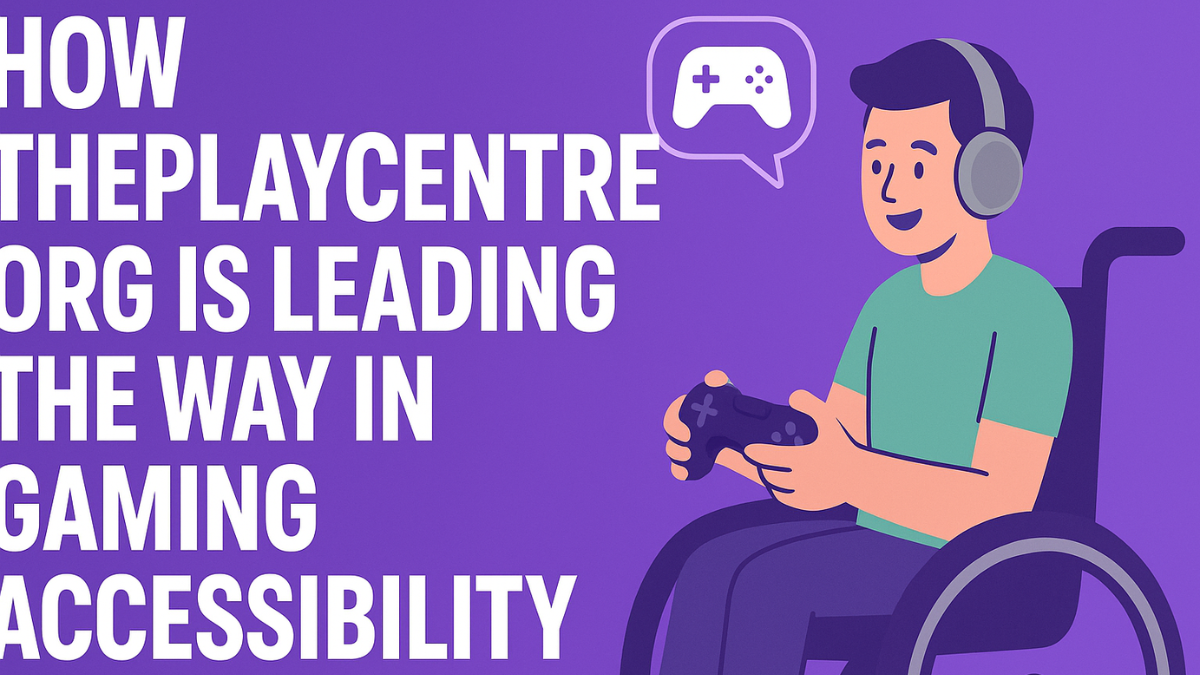Why Comprehensive Coverage Matters for Veterans with Chronic Health Needs
Key Takeaways
- Veterans often experience chronic health conditions requiring coordinated, multifaceted care.
- Comprehensive coverage extends protection beyond basic medical services, incorporating mental health, dental, vision, and preventive care.
- Access to robust insurance plans can help veterans reduce out-of-pocket costs and improve long-term health outcomes.
- Evaluating coverage depth, network breadth, and integrated health services is crucial for veterans selecting a health plan.
The Unique Healthcare Challenges Veterans Face
Chronic conditions such as diabetes, heart disease, and post-traumatic stress disorder (PTSD) occur more often among veterans than in the general population. Coordinated healthcare involving various specialists, therapists, and medications is a frequent necessity for veterans dealing with multiple conditions. Transitioning from the military to civilian healthcare systems can trigger care gaps, disrupt treatment continuity, and complicate access to necessary resources.
What Does Comprehensive Coverage Mean?
Comprehensive health coverage refers to insurance plans that provide a broad range of healthcare services in a unified policy. Unlike basic coverage, which may focus solely on doctor visits and hospital care, comprehensive policies typically include preventive screenings, specialist appointments, hospitalization, mental health support, dental and vision care, prescription drugs, and occasionally alternative therapies. These wide-ranging benefits address veterans’ multifaceted health needs by streamlining care and coverage.
When managing long-term and often complex conditions, such as those commonly experienced by veterans, accessing a diverse array of services through a single plan reduces administrative hurdles, financial strain, and treatment delays. These advantages are essential for maintaining consistent, high-quality care—particularly for those navigating the intricacies of treatment for chronic diseases or mental health challenges.
Why Chronic Health Needs Demand More Than Basic Coverage
Chronic illnesses require ongoing management. Veterans grappling with these ailments must schedule regular consultations, undergo continuous monitoring, and sometimes utilize expensive medications. Basic insurance often falls short, restricting the number or type of appointments, tests, and treatments allowed—or imposing high co-pays for specialty care. Comprehensive plans, however, are designed to encompass most healthcare needs arising from long-term conditions, closing gaps that could otherwise compromise veterans’ health outcomes and financial well-being.
For veterans seeking thorough, uninterrupted care without prohibitive costs, comprehensive insurance covers current needs and anticipates evolving health scenarios, ensuring ongoing access to critical services.
Economic Impact: Reducing Out-of-Pocket Costs
Veterans with chronic conditions face significantly higher annual healthcare expenditures compared to their healthier peers. Research conducted by the National Institutes of Health highlights how gaps in coverage can lead to costly emergency visits and untreated complications. Comprehensive coverage can curtail these expenses by including preventive services, chronic disease management, early intervention, and specialist consultations—all of which reduce the likelihood of medical emergencies and prolonged hospitalizations down the line.
Mental Health & Integrated Care
Mental health care remains a cornerstone of veterans’ well-being, given the higher prevalence of conditions such as depression, PTSD, and anxiety in this group. Integrated plans, which holistically address mental and physical health, produce better outcomes for individuals managing complex, co-occurring conditions. With comprehensive coverage, veterans often gain access to counseling, group therapy, peer support programs, and crisis resources—removing barriers that might otherwise discourage them from seeking needed mental health care.
Recent findings in USA Today underscore a rising demand for integrated care and the measurable impact such approaches have on overall recovery and resilience.
Preventive Care and Early Intervention: A Vital Component
Preventive health measures—such as screenings, immunizations, and routine check-ups—form the backbone of comprehensive coverage. Proactive care enables early detection of worsening conditions and fosters interventions before complications escalate. According to data from the U.S. Department of Veterans Affairs (VA), such continuity in preventive health improves life expectancy and facilitates smoother transitions from structured military care to the civilian medical system.
Dental and Vision Care: Often Overlooked, Always Essential
- Dental health has a direct impact on cardiovascular disease and diabetes management—critical considerations for veterans with multiple chronic conditions.
- Neglected vision health can increase accident and fall risk, possibly compounding other chronic health problems.
- Comprehensive coverage that incorporates dental and vision fosters overall wellness by addressing subtle yet serious contributors to declining health.
Making Informed Decisions: What to Look for in a Plan
Evaluating Plan Features
- Review coverage limits, deductibles, co-pays, and out-of-pocket maximums to ensure the plan is cost-effective.
- Consider whether the plan has a vast provider network and how easily you can access primary and specialty care.
- Examine mental health, preventive, dental, and vision coverage to confirm alignment with your personal and family health needs.
- Assess care coordination services, which streamline communication between doctors and reduce redundant or conflicting treatments.
- Explore value-added features like health coaching, telemedicine, and support hotlines that can add convenience and support.
Seeking counsel from healthcare providers or reputable organizations for veterans can offer personalized guidance. Comparing your options should factor in your current health profile and potential future concerns, ensuring your selected plan will stand the test of time.
Supporting Health on Every Front
Veterans living with chronic health conditions face unique challenges that demand far more than minimum health coverage. Comprehensive plans provide a strong safety net, fostering continuity of care and addressing the full spectrum of well-being—physical, mental, and preventive. By seeking out robust, wide-ranging coverage, veterans protect themselves from avoidable health crises, reduce financial strain, and set the stage for a healthier, more secure future.
news via inbox
Mail us for latest news and updates







